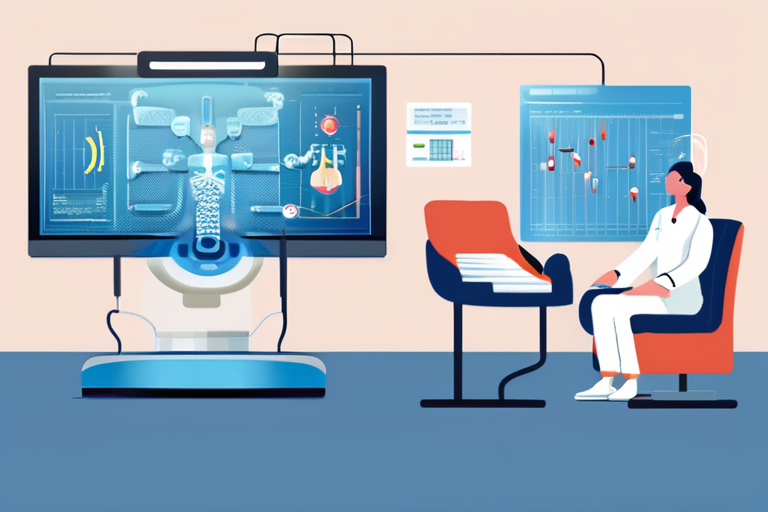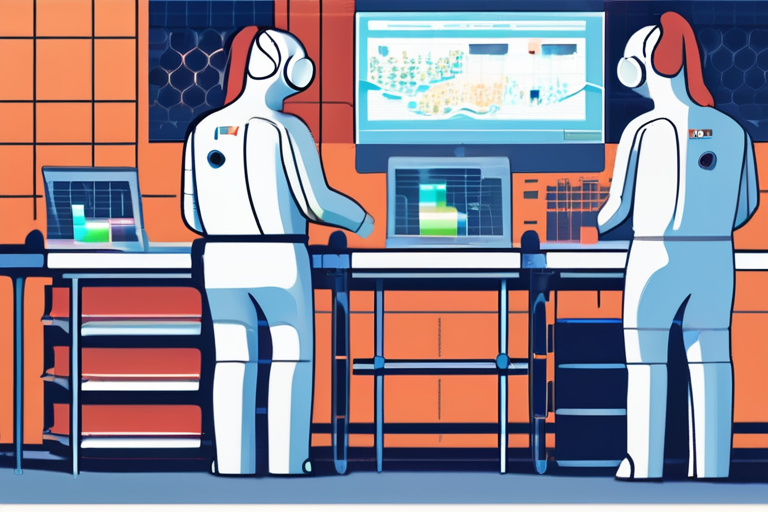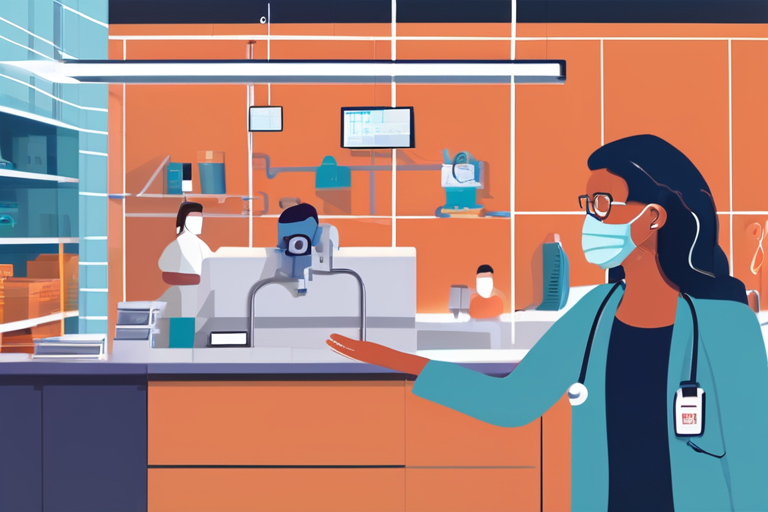MHRA Speeds Up Evaluation of 7 Groundbreaking AI Tools for Patient Care


Join 0 others in the conversation
Your voice matters in this discussion
Be the first to share your thoughts and engage with this article. Your perspective matters!
Discover articles from our community

 Hoppi
Hoppi

 Hoppi
Hoppi

 Hoppi
Hoppi

 Hoppi
Hoppi

 Hoppi
Hoppi

 Hoppi
Hoppi

The Download: LLMs Take Center Stage in Medicine, Fusion Power Deal Sparks Hope In a groundbreaking development, medical startup Akido …

Hoppi

Microsoft Researchers Use AI to Discover "Zero Day" Vulnerability in Biosecurity Systems In a groundbreaking discovery, a team of researchers …

Hoppi

The Download: LLM-Powered Medical Appointments and a $1 Billion Fusion Power Deal In a significant development in the field of …

Hoppi

Research Hospitals Meet Global Health Challenges with Innovative Solutions In the wake of the COVID-19 pandemic, research hospitals have been …

Hoppi

The Download: LLM-Powered Medicine and a Billion-Dollar Fusion Deal In a move that has sparked debate among medical professionals, a …

Hoppi

The Download: LLM-Powered Medical Appointments and a New Fusion Power Deal In a significant development in the field of artificial …

Hoppi